Lendley: Conversational AI Assistant for MLOps
Like this project
Posted Jun 9, 2025
Lendley, a conversational AI assistant that streamlines MLOps workflows, enabling teams to manage models and automate tasks through intuitive chat interactions
Likes
5
Views
24
Timeline
Feb 10, 2025 - Mar 12, 2025
1. Discovery & Research
The Problem:
Through 12 stakeholder interviews and tool audits, we identified a critical gap: while organizations accumulated vast institutional knowledge, retrieval and application remained inefficient.
Problem Validation:
Conducted 12 user interviews with marketing/sales teams uncovering key pain points:
67% of teams (n=15) toggled between 3+ systems daily to complete basic tasks (Internal survey, Q2 2024)
92% of duplicate efforts stemmed from irretrievable prior decisions (Guru analytics audit)
Competitive audit/analysis:
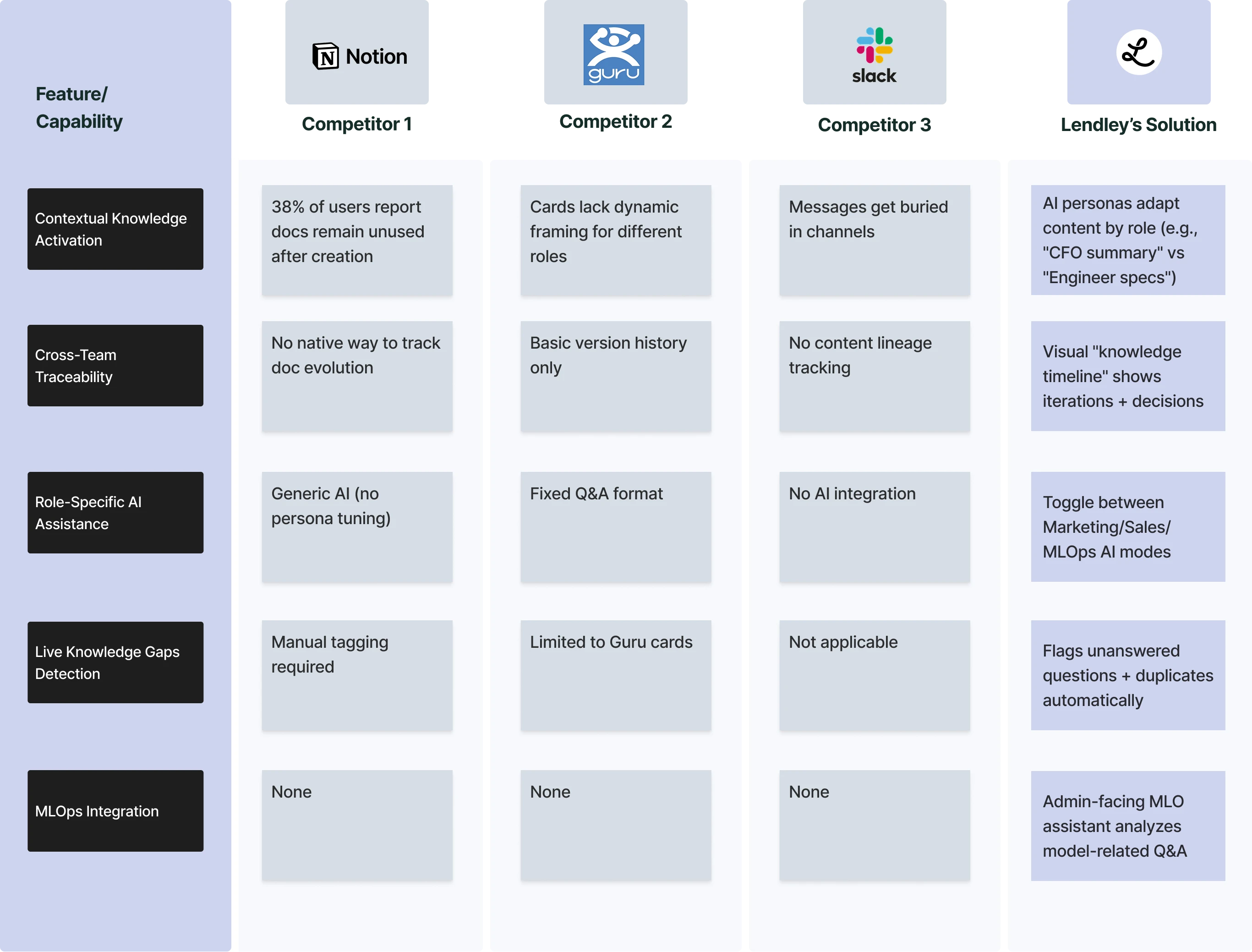
Key Metrics from Audit:
67% of users (n=15) switched between 3+ tools daily to complete knowledge tasks (Source: Internal survey)
92% of duplicate questions occurred because existing solutions couldn’t resurface past discussions (Guru customer support data)
55% faster onboarding achieved when role-specific examples were provided (Pilot test vs. Notion control group)
Key Insights:
Teams needed two interconnected solutions:
An MLOps assistant to parse technical workflows (model training, log analysis).
A collaboration layer to share insights with non-technical stakeholders.
"Enterprises needed knowledge systems that scaled with organizational complexity, not simplified it away."
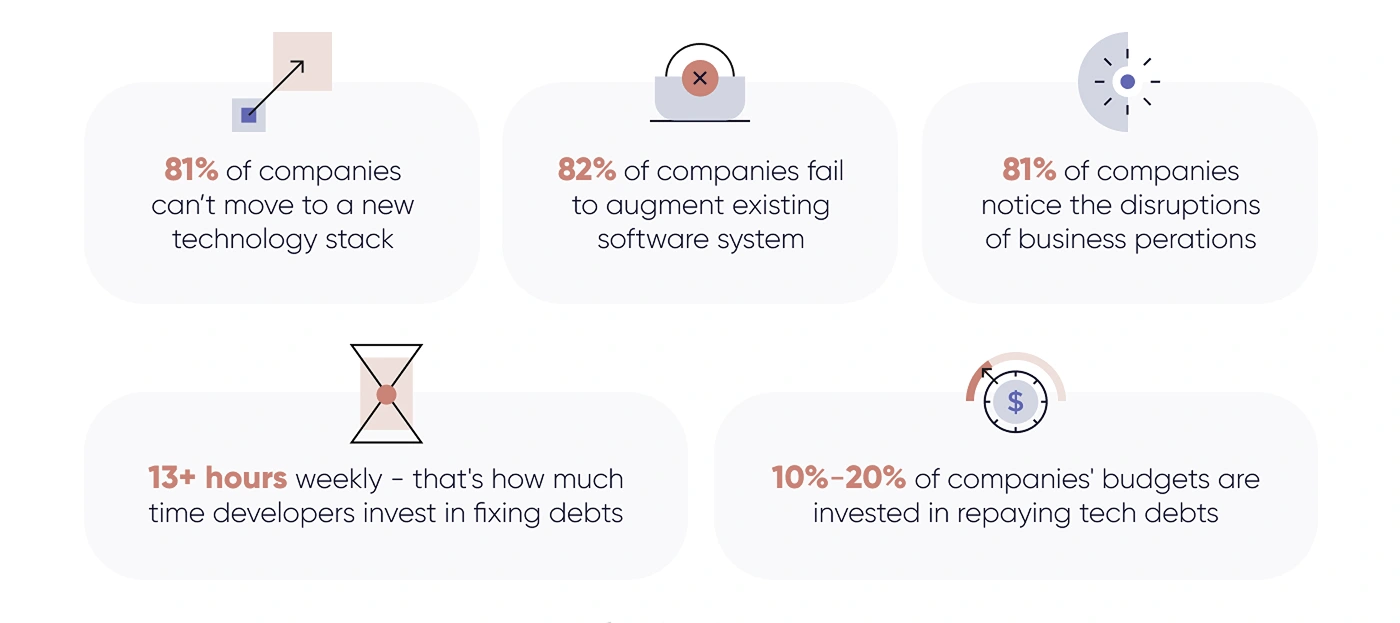
User Persona:
Whiteboard photos of persona mapping for the Lendley App
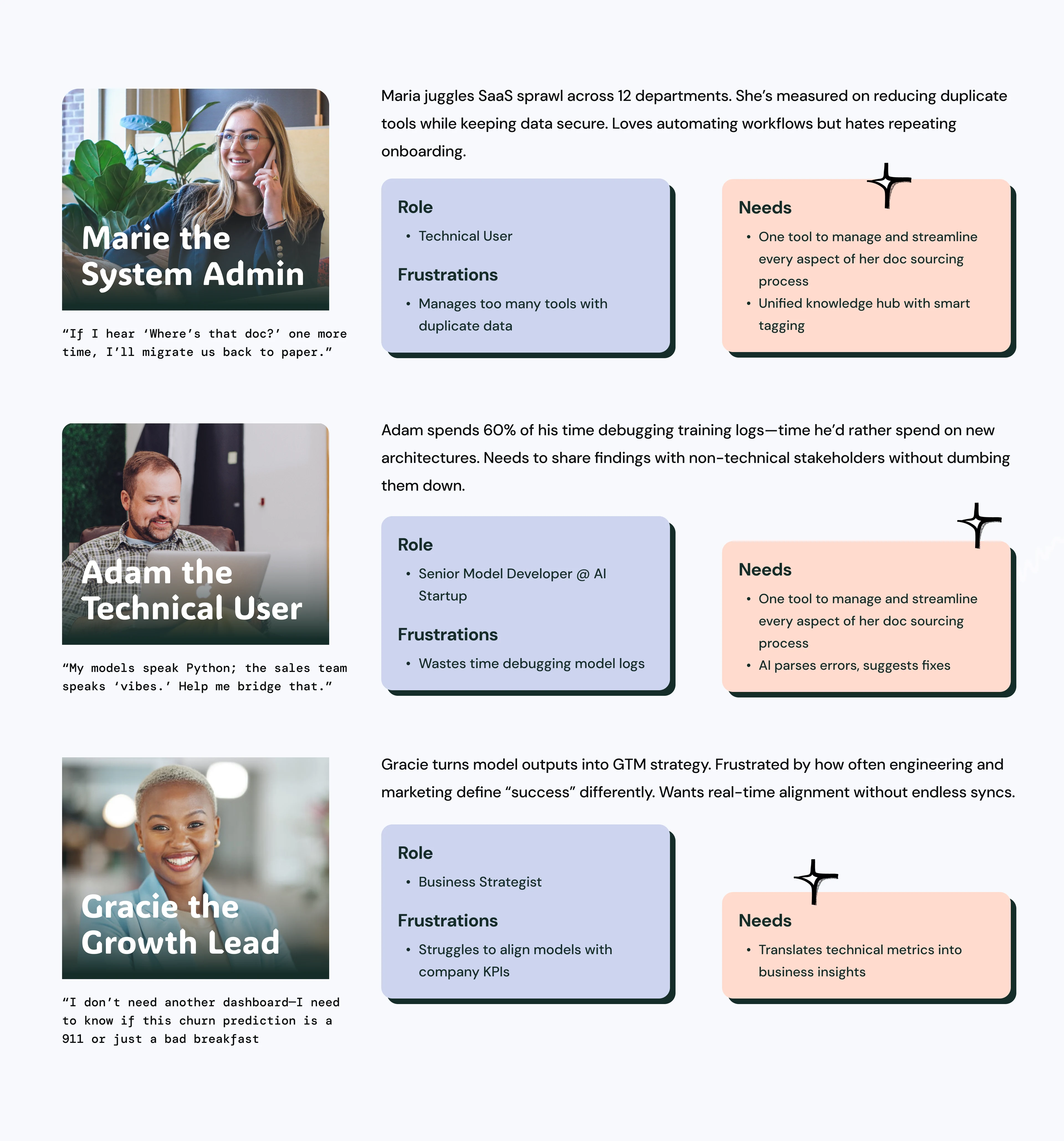
Sketches & Early Concepts:
User flow wireframes showing onboarding of client & persona provisioning flow interaction
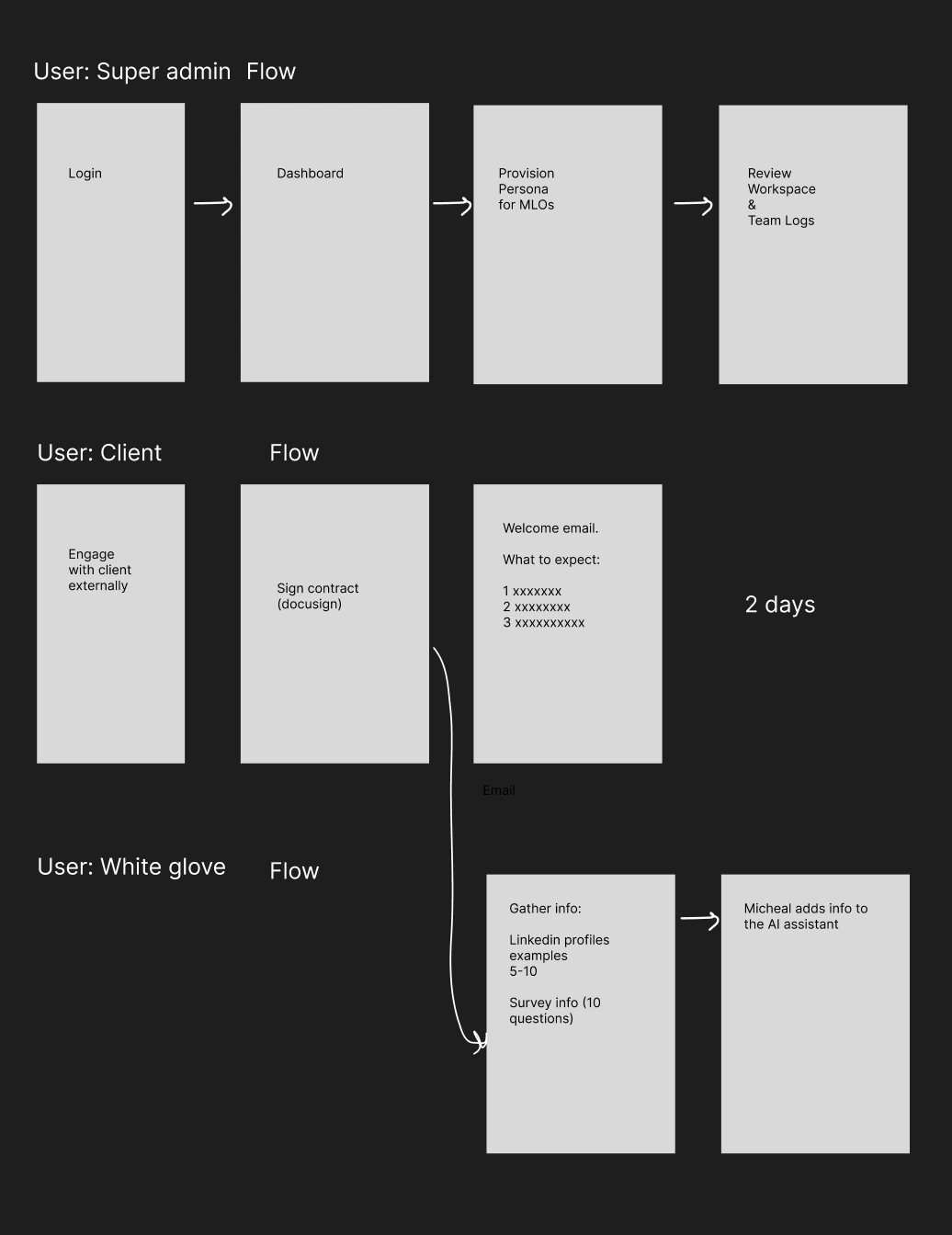
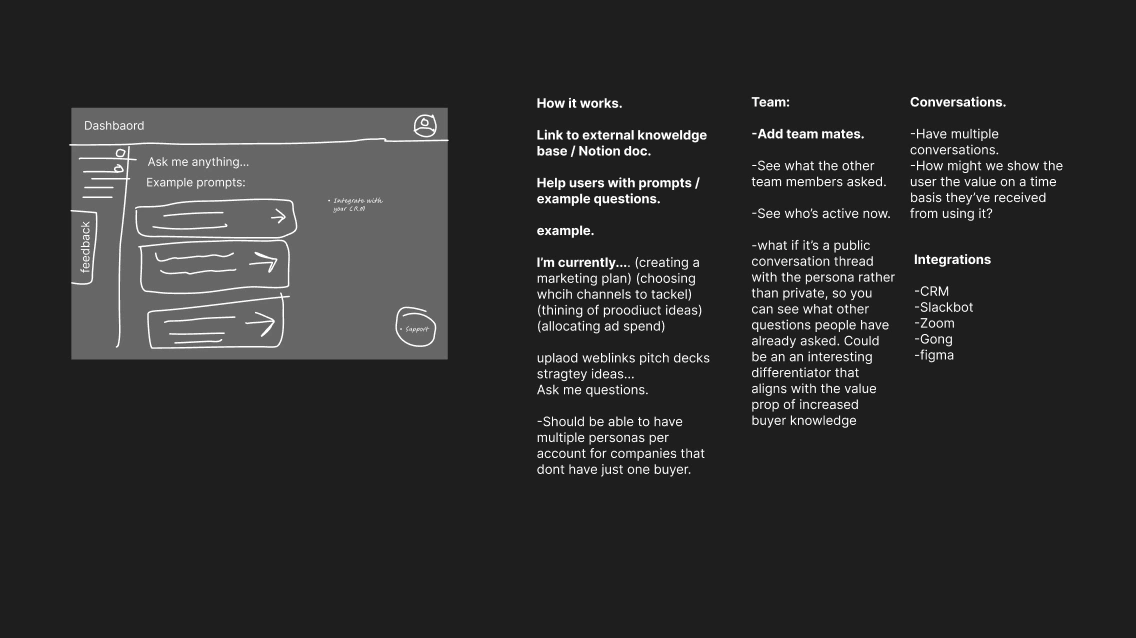
Low-fidelity MVP design concepts for key screens
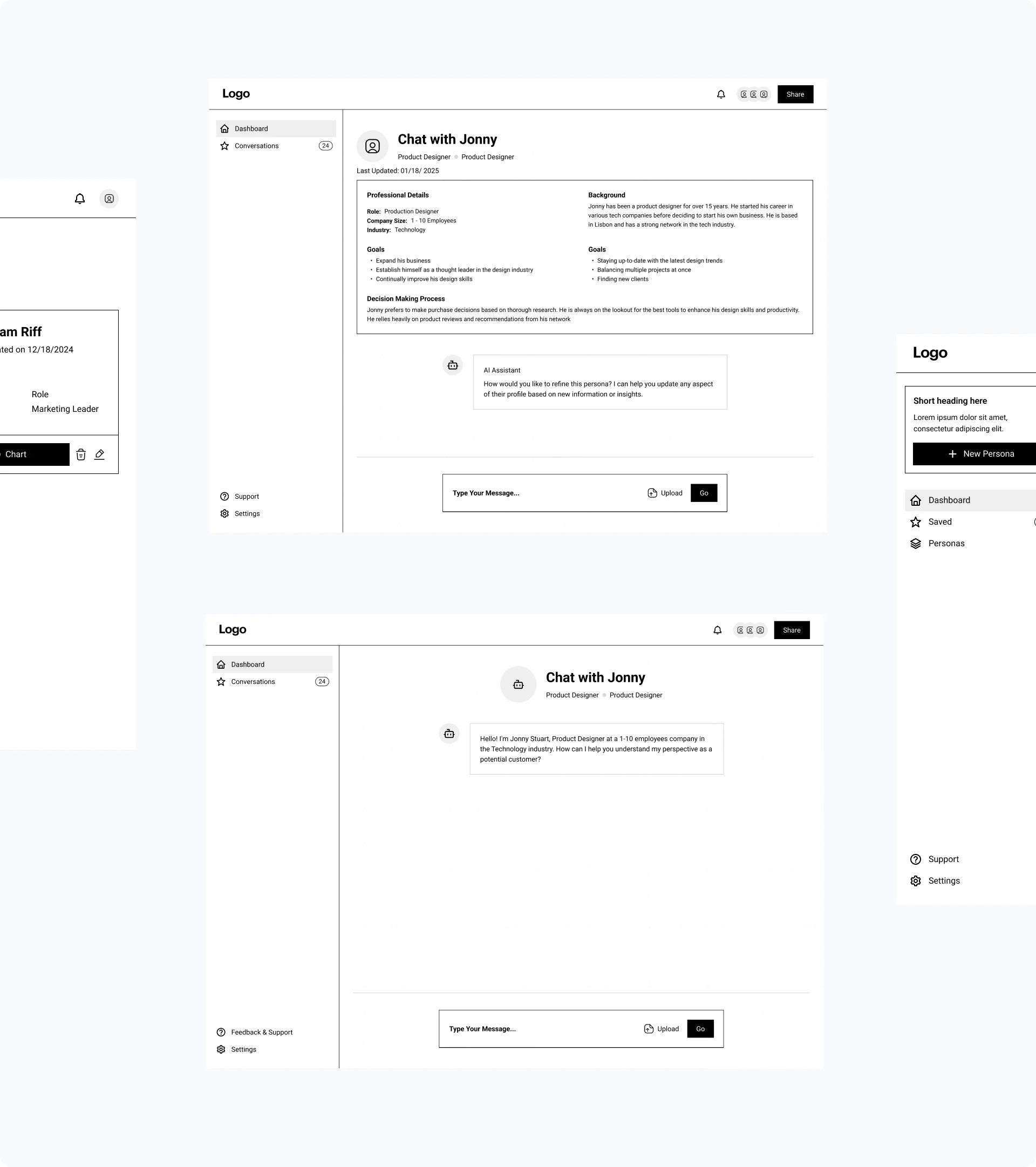
2. Design Development
A. Team Collaboration Features
Pivotal Architecture Decision
Initial testing revealed diminishing returns with multiple AI personas:
Ver. 1 Wire-framing: multiple role-specific personas → various AI assistants accessible within a single workspace
Ver. 2 Wire-framing: 3 role-specific personas → 17% task completion rate
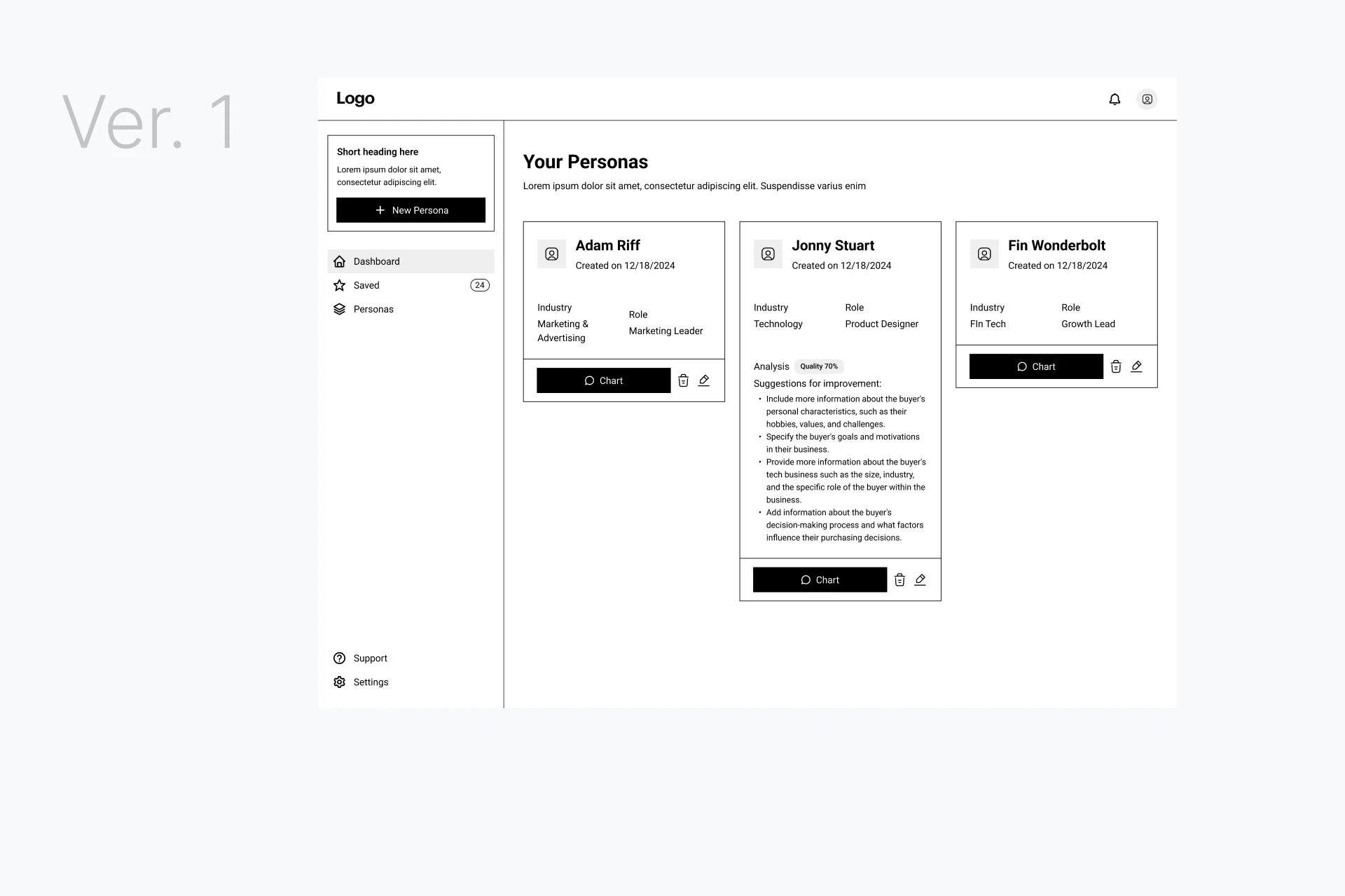
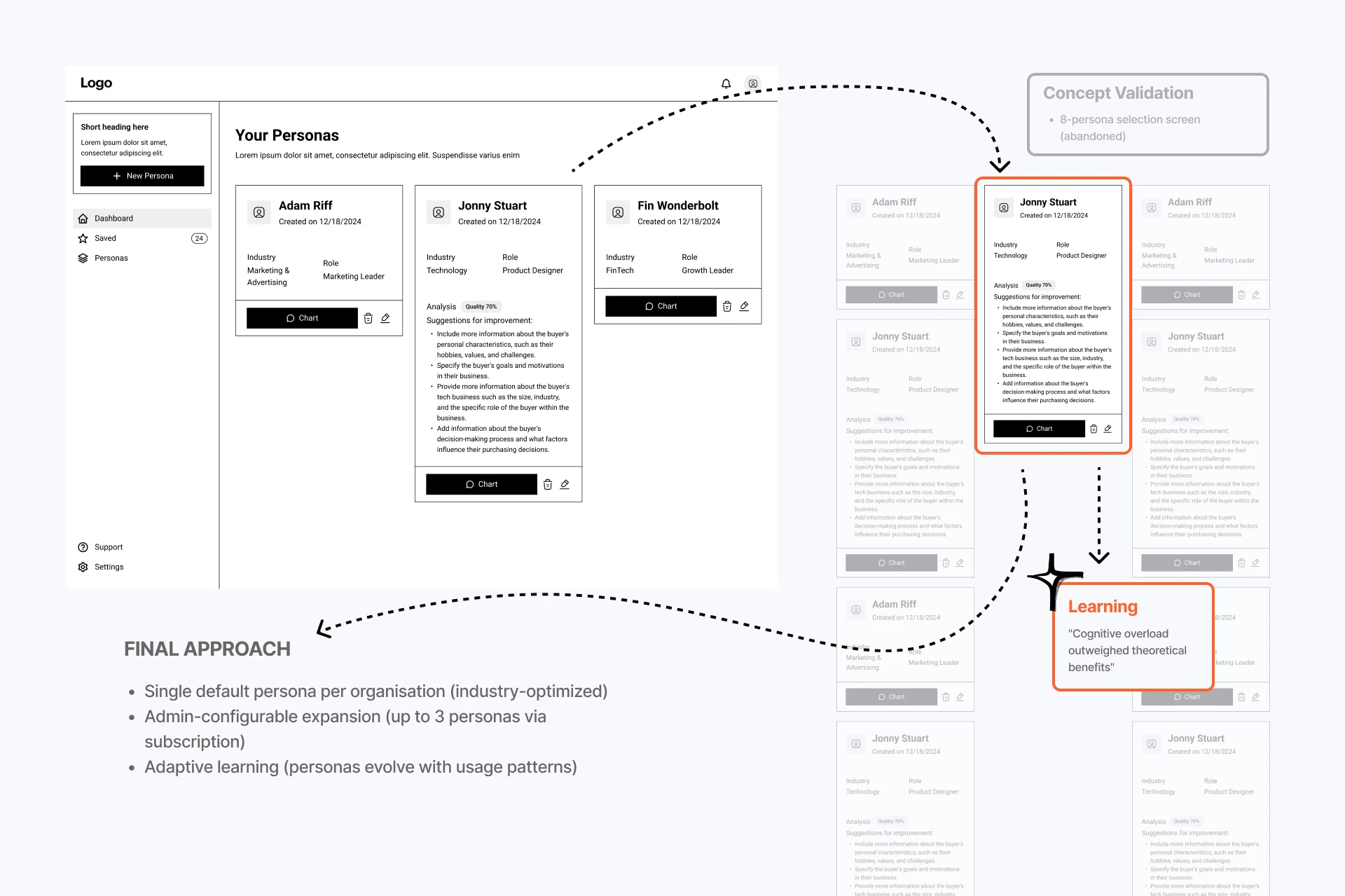
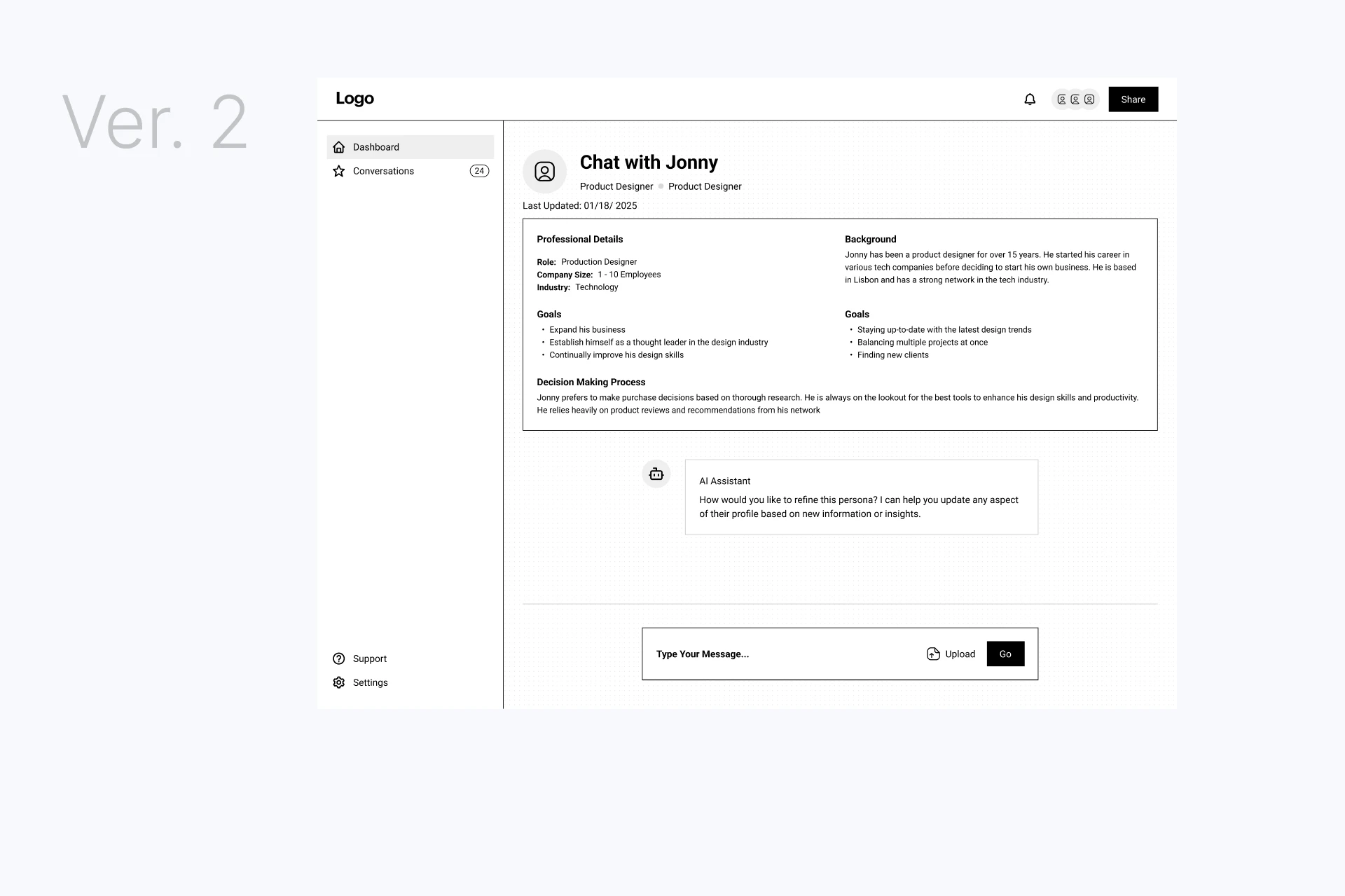
Production Solution
Unified persona interface with progressive disclosure
Admin provisioning dashboard with subscription visibility
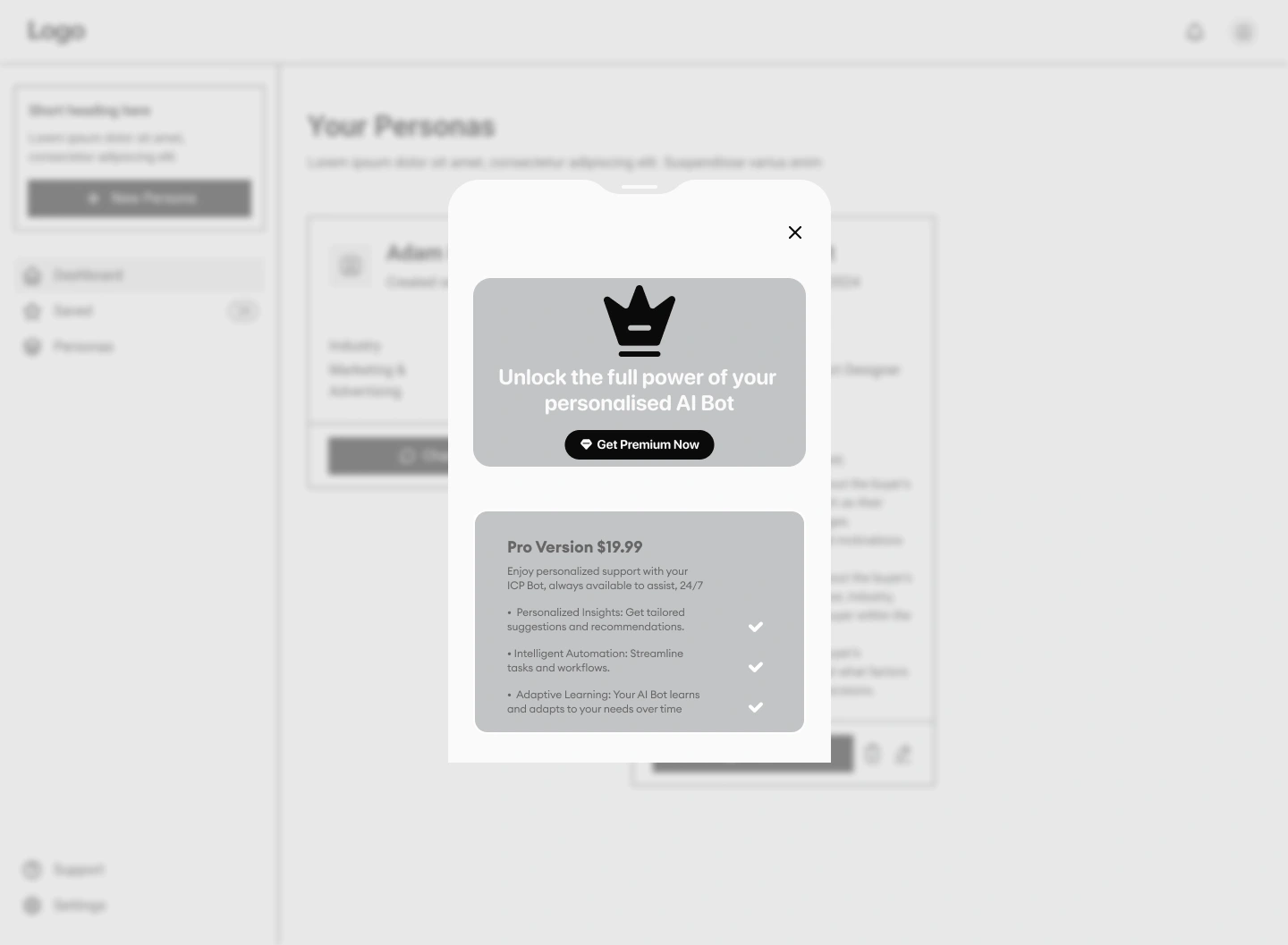
Design System Components
Visual Hierarchy:
Primary persona always dominant
Secondary options visually subdued until provisioned
Interaction Model:
Gradual persona introduction based on admin settings
Clear upgrade pathways for added capabilities
B. Admin Panel: MLO AI Assistant
For workspace admins, Lendley includes a powerful MLO (Machine Learning Operations) AI Assistant that:
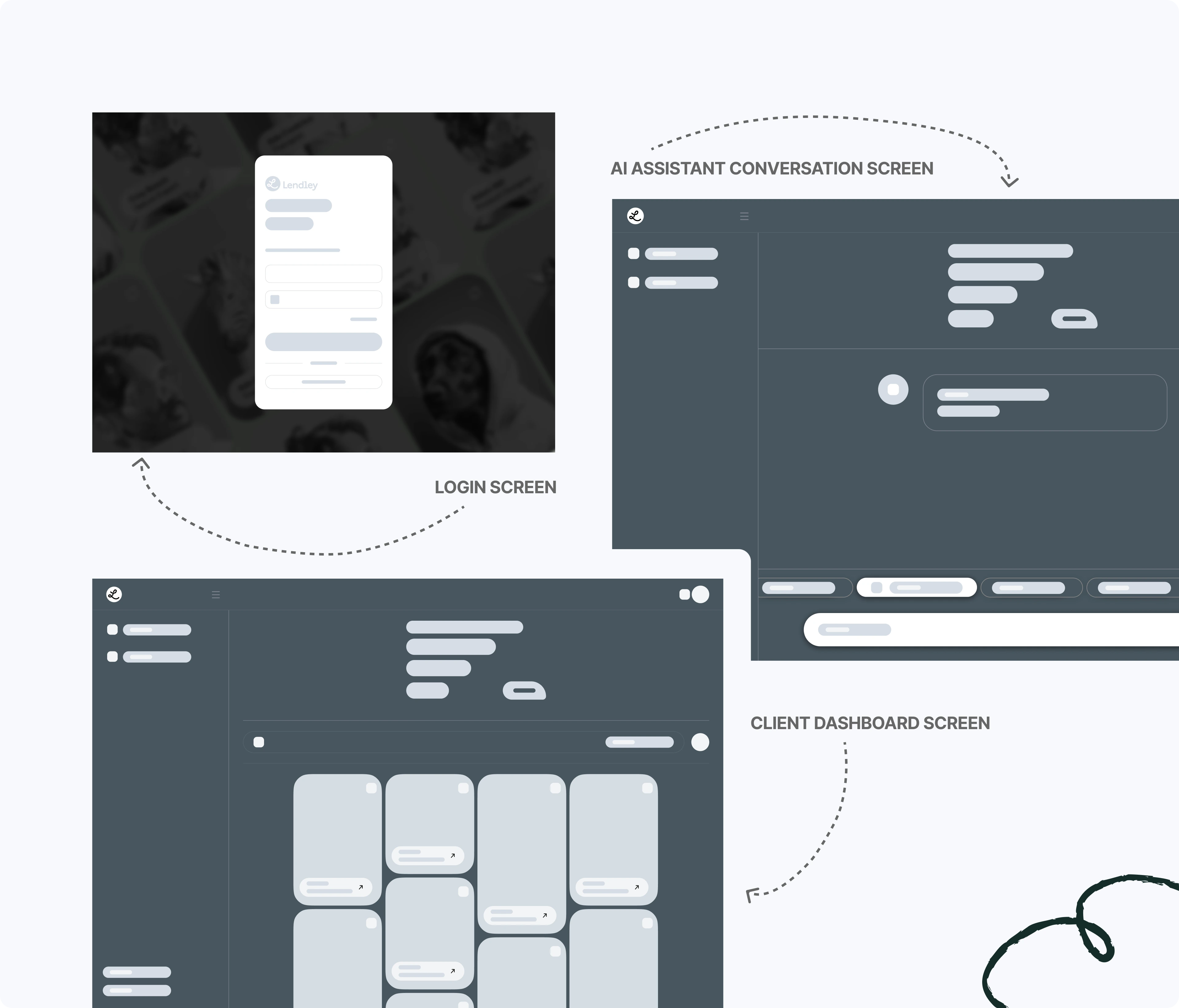
Automates backend tasks:
Analyzes team activity logs to provide information source and thinking process (e.g., "3 unanswered questions about Q3 goals—create a FAQ?")
Flags duplicate uploads or outdated sources
Moderates conversations:
Uses sentiment analysis to highlight misaligned discussions (e.g., "Sales and Product teams are defining ‘target user’ differently")
3. Final Solution: High Fidelity Design
Customer High Fidelity Designs
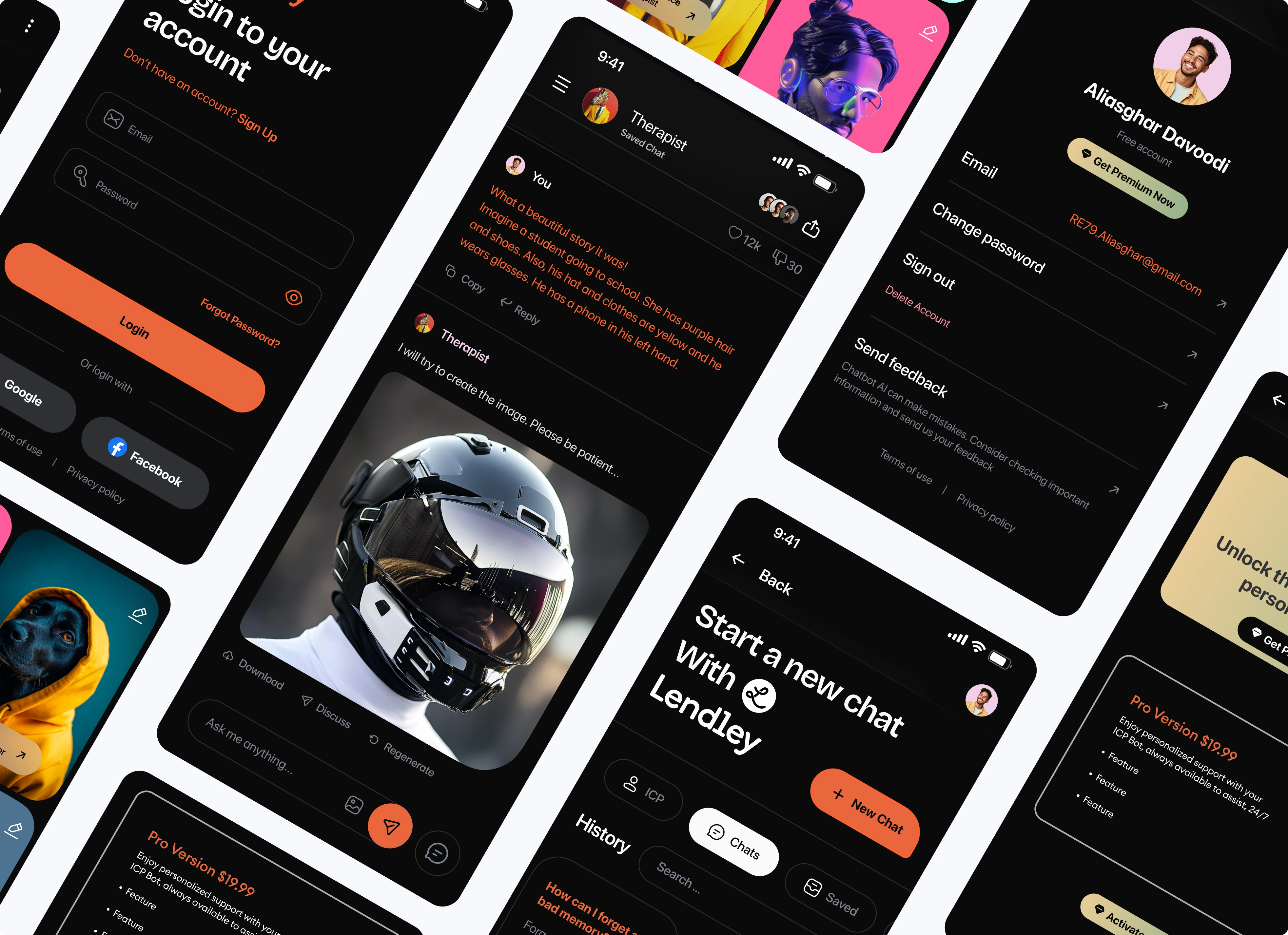
Admin High Fidelity Designs
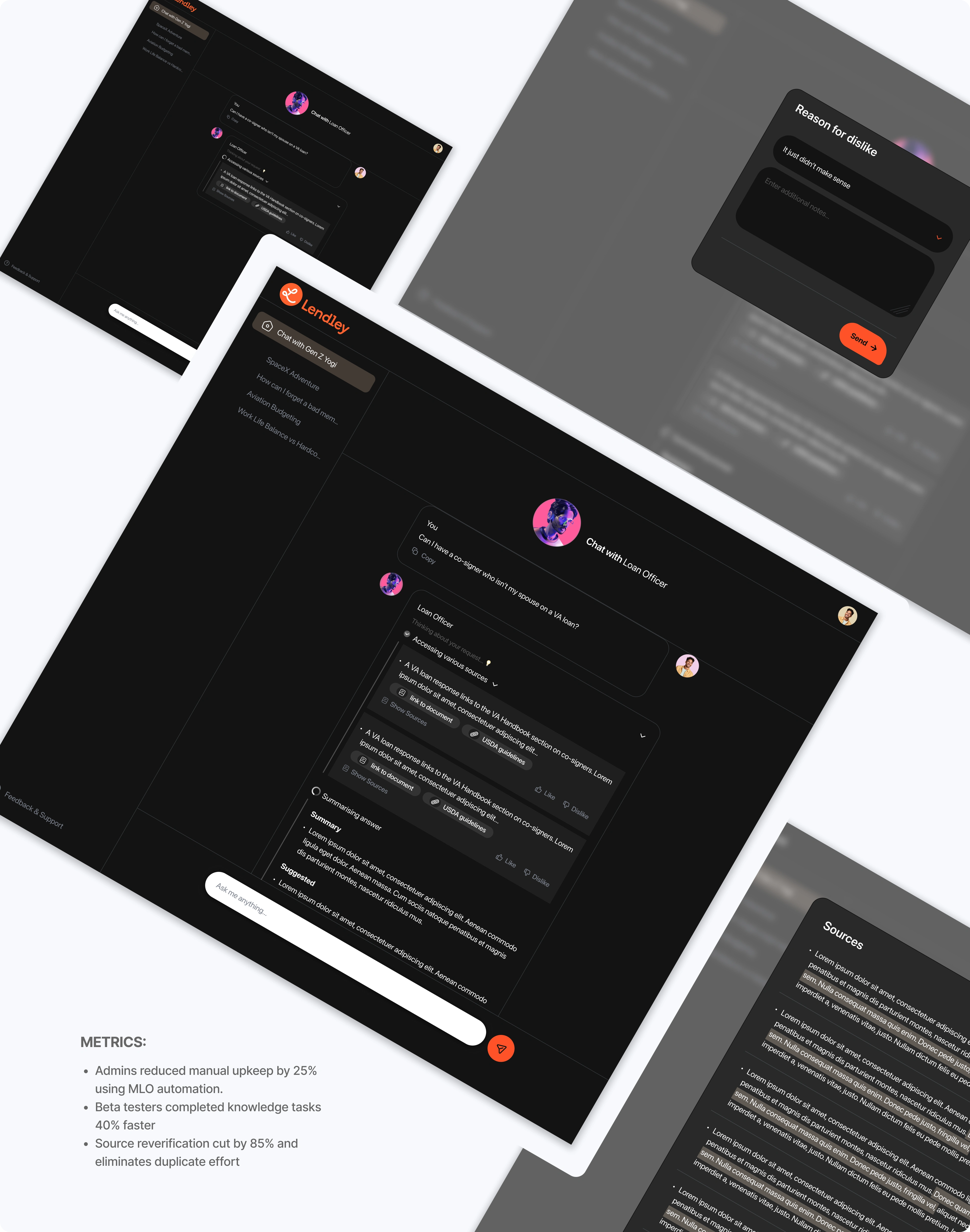
4. Results & Takeaways
Metrics:
Admins reduced manual upkeep by 25% using MLO automation.
Beta testers completed knowledge tasks 40% faster
85% reduction in duplicate strategy questions
5. Lessons Learned:
Validated Hypotheses
Users wanted fewer persona options initially (simplicity > customization)
- Reduced persona options from 8 → 3, improving first-session retention by 22% and increased feature adoption by 45%
Subscription-gated capabilities drove 22% higher enterprise conversion
Areas for Evolution
Dynamic persona blending for complex queries
Predictive knowledge gap identification



